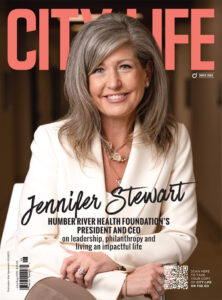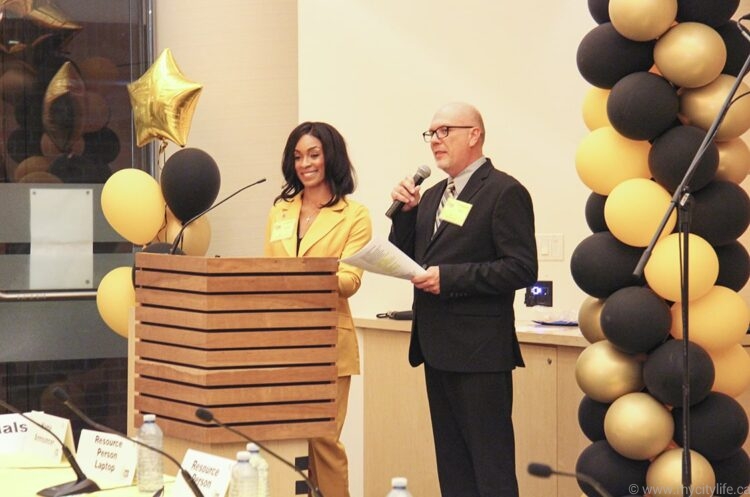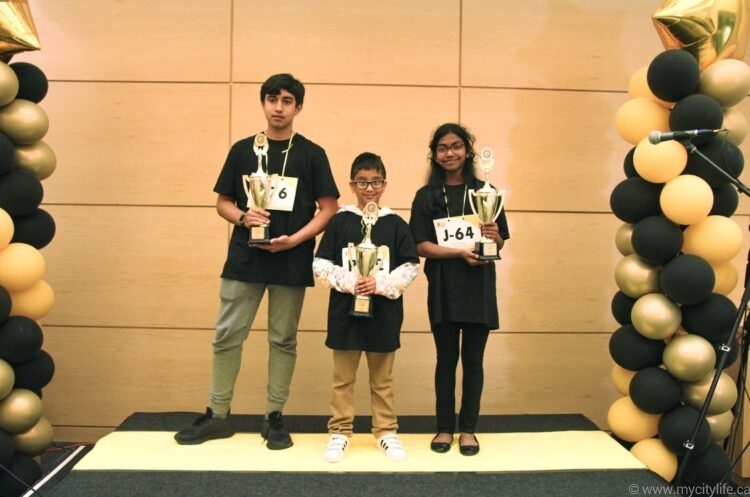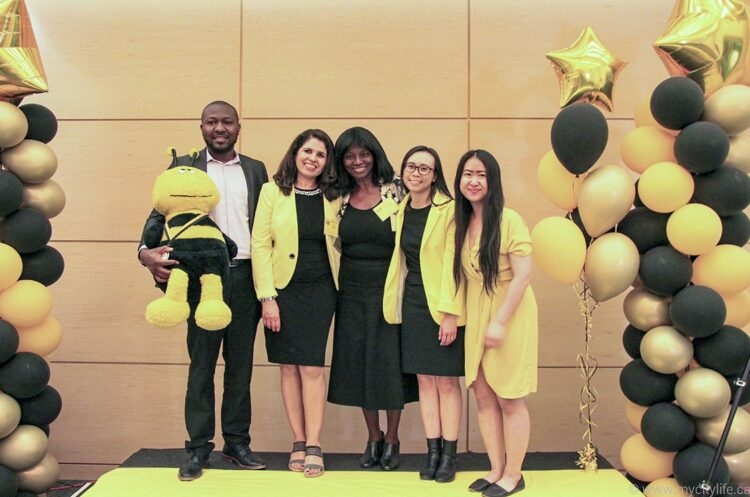The Spelling Bee of Canada: What’s The Buzz?
The Spelling Bee of Canada held its 35th national competition live for the first time in more than two years. The goal? To expand the participants’ vocabulary, communication skills and self-confidence by providing a foundation for the future generation. And for this organization, win or lose, every child is a winner!
It’s quite an honour to take home a national championship — especially when you are a kid. It can buy you a lot of street cred at school and really pump up your self-confidence. Just ask the young winners of this competition, who had to spell their hearts out. In the Primary category (ages 6 to 8), Anhad Singh, from Edmonton, spelled “prelate” correctly; in the Junior category (ages 7 to 9), Kavya Senthil of Markham, Ont., spelled “ecosystem,” and in the Intermediate category (ages 12 to 14), it came down to a tiebreaker: Ryaan Khan from Bedford, N.S., nailed “prelapsarian.” Full disclosure — we had to look it up. According to the dictionary, “prelapsarian is characteristic of or belonging to the time or state before the fall of humankind.”
The Spelling Bee of Canada is a not-for-profit organization that focuses on providing youth, parents, teachers and the Indigenous community the opportunity to participate in the education process and celebrate academic achievement. Following a series of virtual competitions, more than 40 finalists made it through to the 35th Annual Championships, held in person, at a very appropriate location (the Toronto Reference Library), for the first time since the pandemic started. In fact, more than 70,000 children have participated in the organization’s annual spelling bee competitions across Canada since 1987.
The Spelling Bee has a lot going for it, and the contestants really benefit. Kids get to learn many new words that are provided and practise winning strategies, and it’s fun, especially now, in fact, with a gamified online learning platform. As a non-profit organization, it really relies on donors, stakeholders and parents, of course. And like many parents who get involved in their children’s endeavours, Nagina Parmar, the president, became involved. “We heard about it through word of mouth when my daughter was six, and my son was also involved for a long period of time,” she says. “Now they’re both in university, and I’m just involved in the organization, for more than 10 years now.”
“Win Or Lose, It Doesn’t Matter, You Are Already Very Successful”
Dr. Nagina Parmar
As an educator herself at Toronto Metropolitan University, Parmar loves the literacy part of the competition, as the kids get to memorize all of the spellings, making sure they know the words and practise with them. It’s also very satisfying for Parmar to see the confidence level of the kids soar, from when they first start to the time they get to the competition. “It is so interesting to see these kids shining … and it helps them with their confidence, communication skills and vocabulary,” she says.
What is Parmar’s favourite spelling bee word? “Awful,” she laughs, telling the story of her son, who was competing for the first time. His first word was “awful,” and he was so happy as he knew how to spell it. Unfortunately, in all the excitement, he spelled it a-f-u-l. At the time, he was pretty upset, but now they laugh about it.
This year’s competition was pretty special. It was the 35th anniversary year, and they were able to conduct the competition in person. But there are even bigger plans for the future. Right now, there are 2,000 to 3,000 participants, but the organization wants to increase that to about 100,000, so they want to do outreach to more regions across the entire country, says Parmar. Moreover, they want to have an international presence, too, “as a Canadian invitational, with interest from other countries who would like to send their kids to Toronto to compete at the international level.”
It hasn’t been easy through the pandemic. But the kids also get coaching with mental preparation. Parmar likes to start with calming music and impresses upon the students how important it is to get a good sleep the night before and to watch out for distractions. It’s also important to be there for the kids and give them a boost if they aren’t the top dog in the competition, she adds. “Win or lose, it doesn’t matter, you are already very successful,” she tells them.
And that is the cornerstone of the Spelling Bee: Every child who participates in the program is a winner. So, Parmar also tells the participants what she tells her students. “I tell them, ‘Getting an A or B doesn’t matter … It’s how you apply that knowledge in the real world, that is your success.’”
INTERVIEW BY ESTELLE ZENTIL



















































































